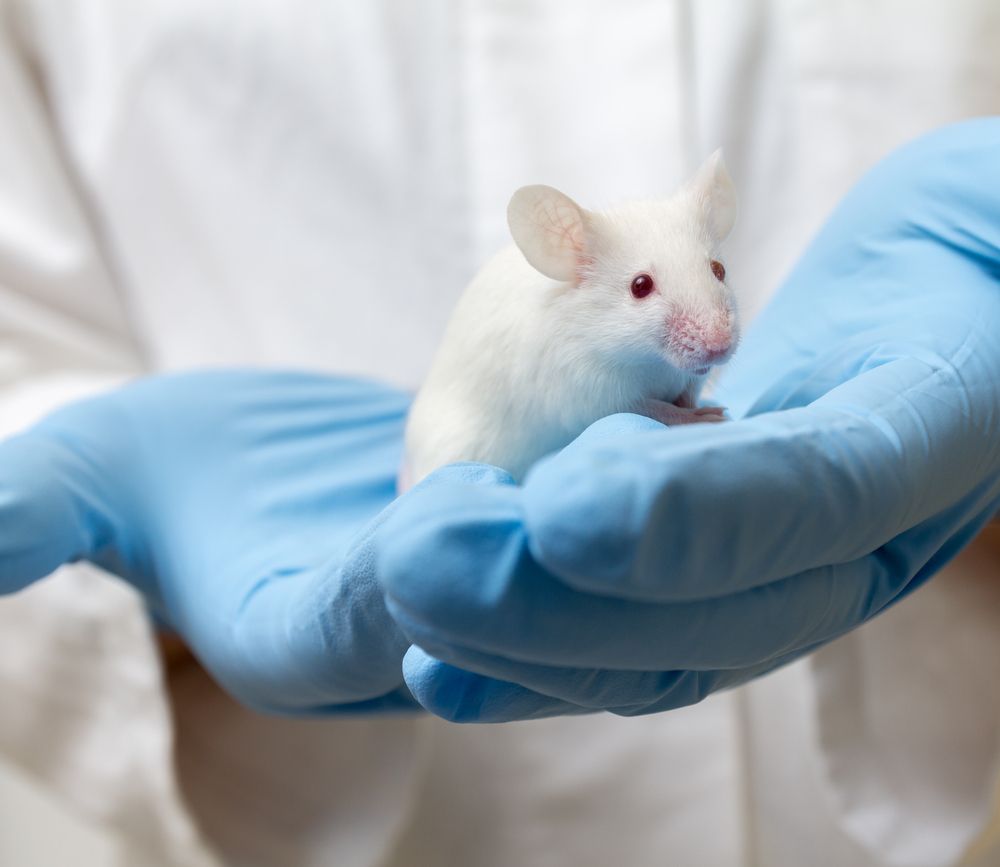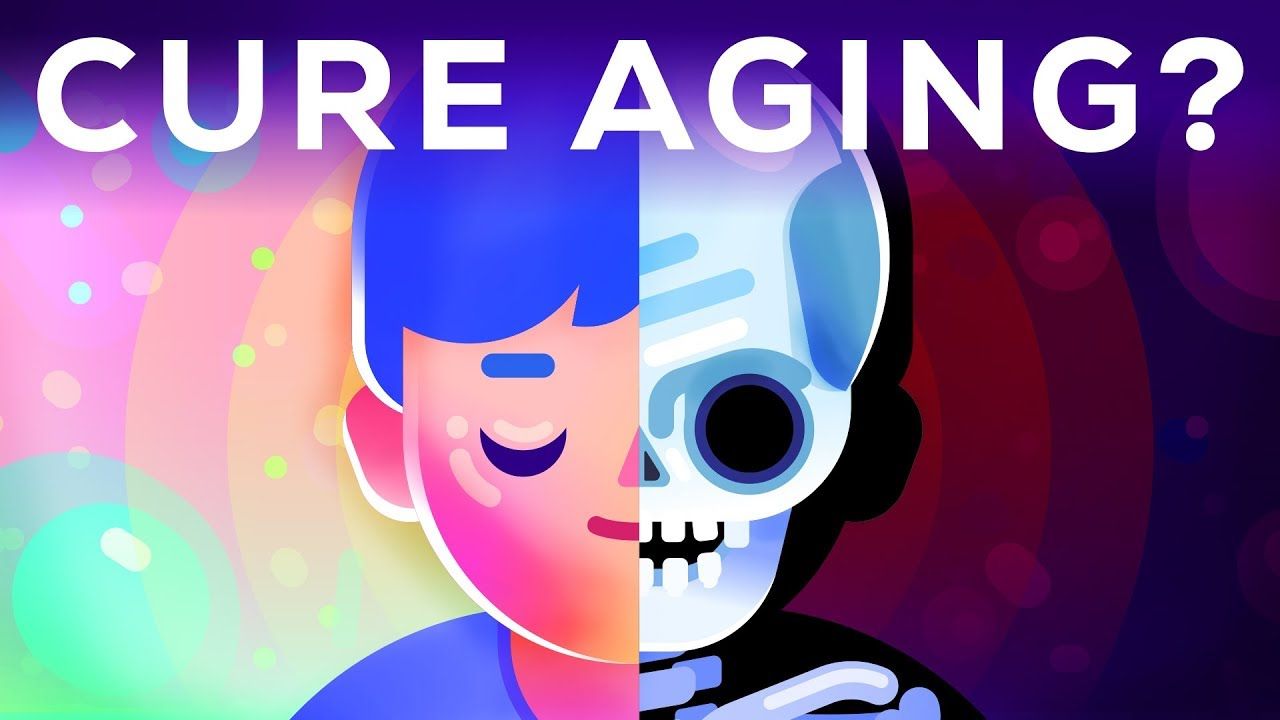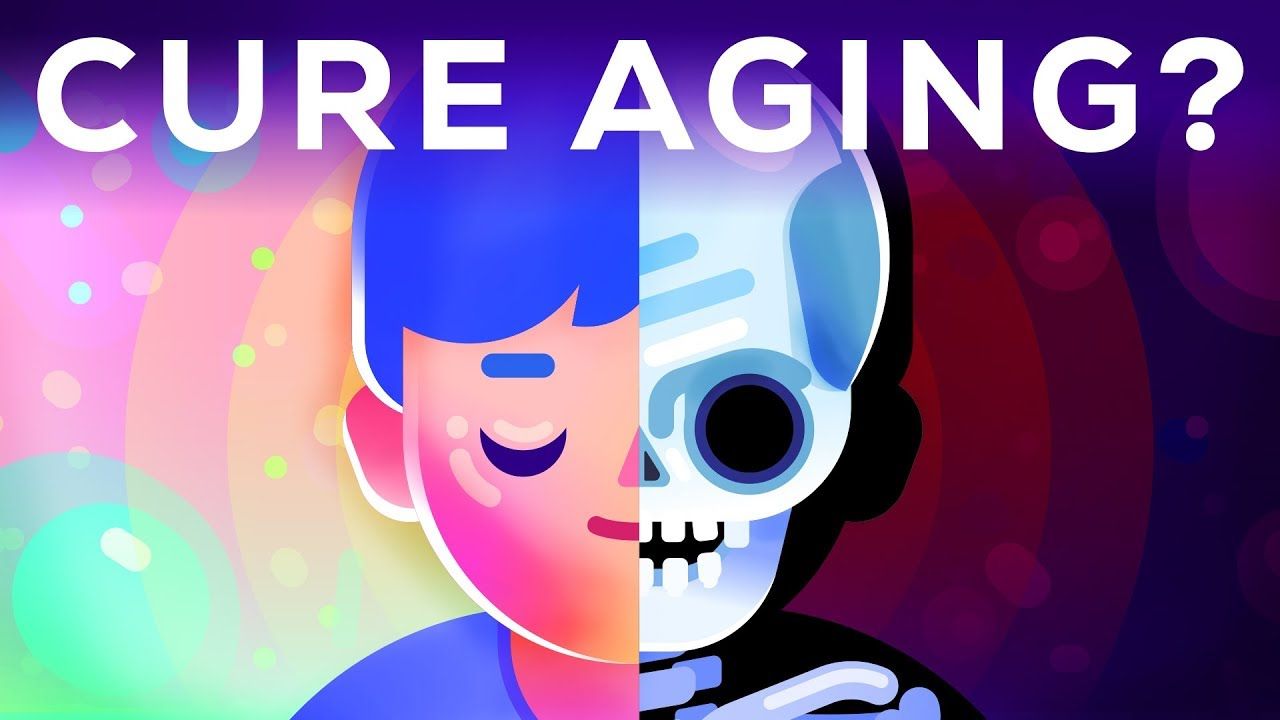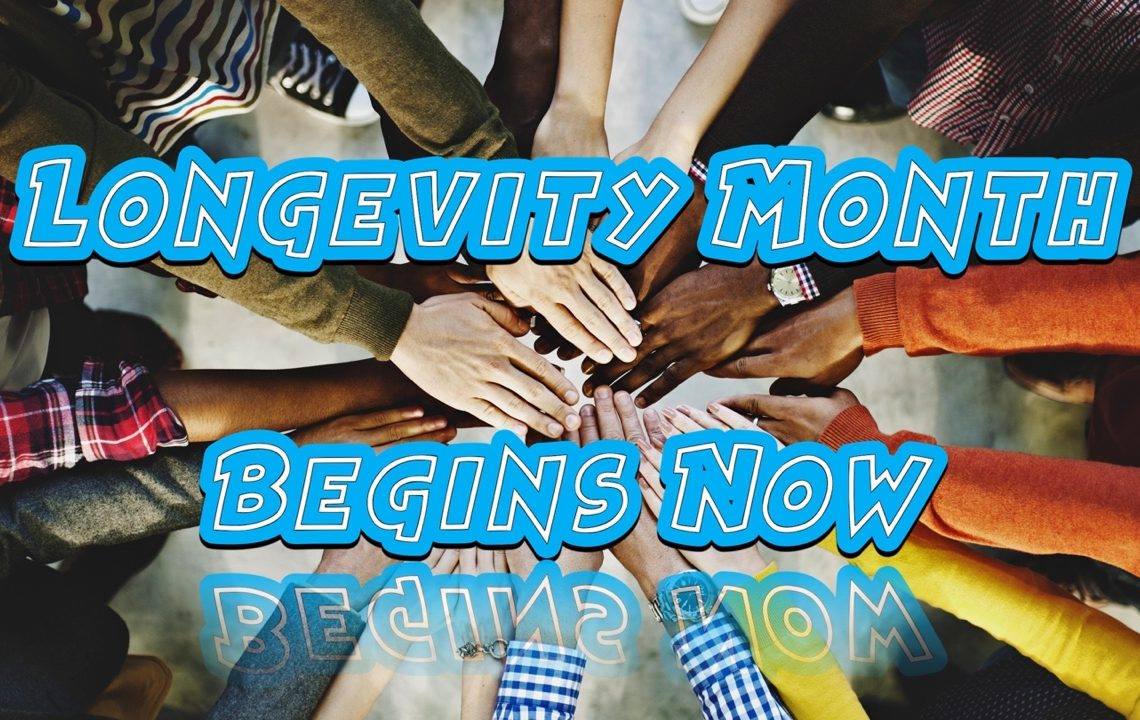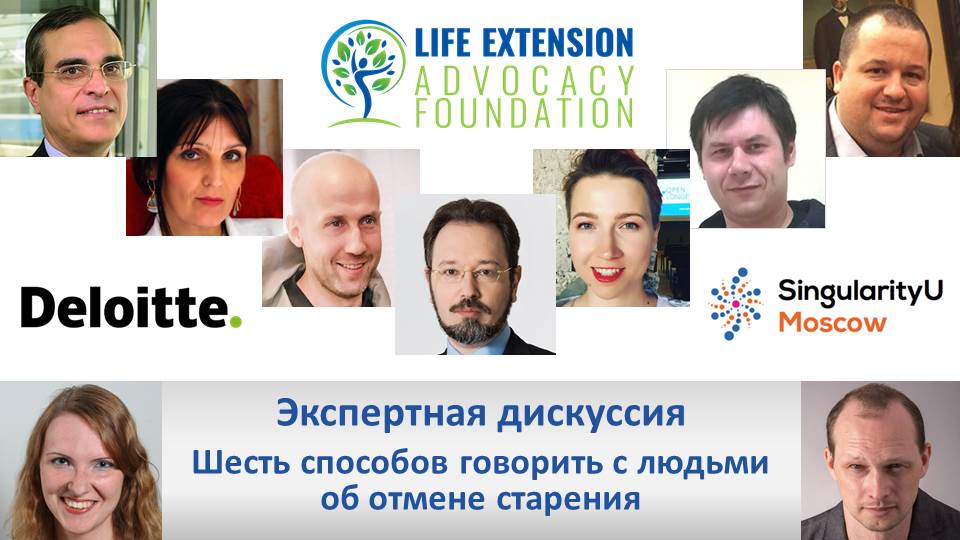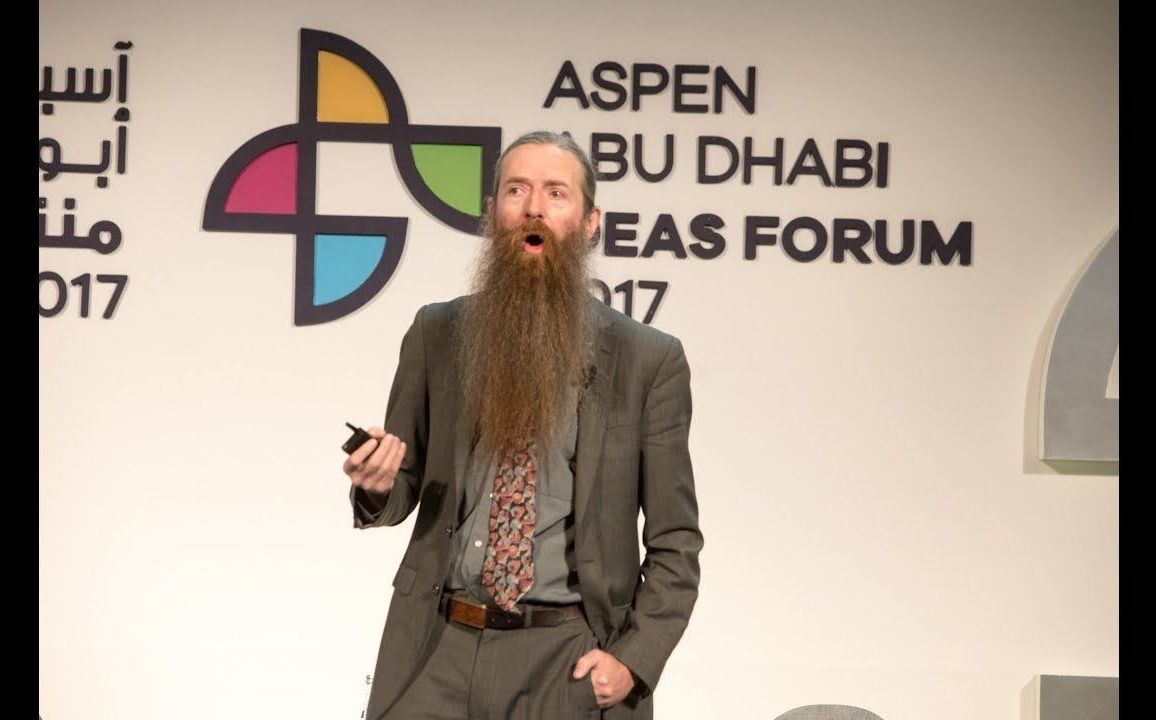Today we are looking at why some people claim it is pointless developing medicines to eradicate age-related diseases because we will all die anyway. Imagine if the medical world felt that way, there would be no medicine, no surgery or healthcare!
I don’t think anyone has ever asked me this question, but I do know from other advocates that this isn’t unheard of. Quite frankly, I think this question is rather bizarre, and its implications are even more so.
In this article, I’m not going to question the assumption about the inevitability of death; rather, I will take it for granted and try to explain why I think it has no relevance whatsoever to whether or not rejuvenation is worth pursuing.
I find there’s a certain similitude between the questions “Why rejuvenate your body if it’s going to die anyway one day?” and “Why clean your house if it’s going to crumble to dust one day?” An obvious answer to the latter question would be: “Because in the meantime, I’m going to live in that house, and for as long as I do, I’d like it to be clean.” If you think about it, this makes for a pretty accurate answer to the first question as well, so long as you replace “house” with “body”.
Read more

